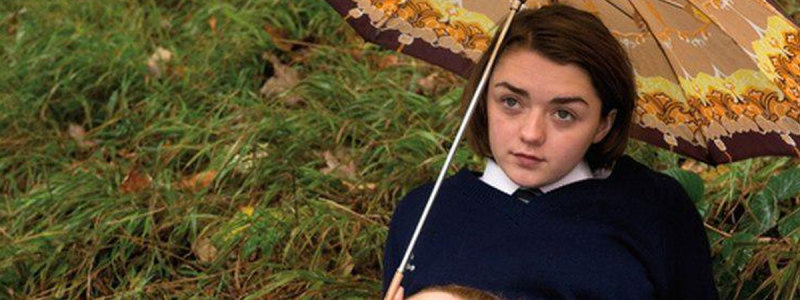
At first sight The Falling seems full of female stereotypes: the hysterical teenagers, uptight repressed middle-aged women and the neurotic mother. But there’s a lot more to each character than first appears and a great deal of subtlety in the film as a whole.
This is an unconventional mystery drama with elements of horror, the supernatural and magic realism that merge together to create ambiguities of tone that seduce, bewitch, disturb and amuse. The dreamlike quality captures the boredom and claustrophobia of a 1960s girls school, where sex, romance, Wordsworth and art provide the only escape. It’s accompanied by Agnès Godard’s beautifully shot rural scenery and soft focus close-ups, and the haunting soundtrack of Tracey Thorn. Against this background, and an unexplained tragedy, an epidemic of collective fainting affects the school, the ‘falling’ of the title. It’s never made clear if this is conscious rebellion or the result of trauma, or even secondary cigarette smoke – prolific smoking is just one small detail that anchors us in the 1960s, a time on the verge of feminism and changing attitudes to women.
The film benefits from a strong female cast and crew – men are barely present in The Falling, although they wield a significant, if negative, influence. Written and directed by Carol Morley, with women behind the camera and the soundtrack, it stars young actors Maisie Williams and Florence Pugh, as well as Maxine Peake, Greta Scacchi and Monica Dolan.
The mystery is never resolved, but it’s precisely the ambiguities of this extraordinary film that keep you enthralled long after you’ve finished watching it.
